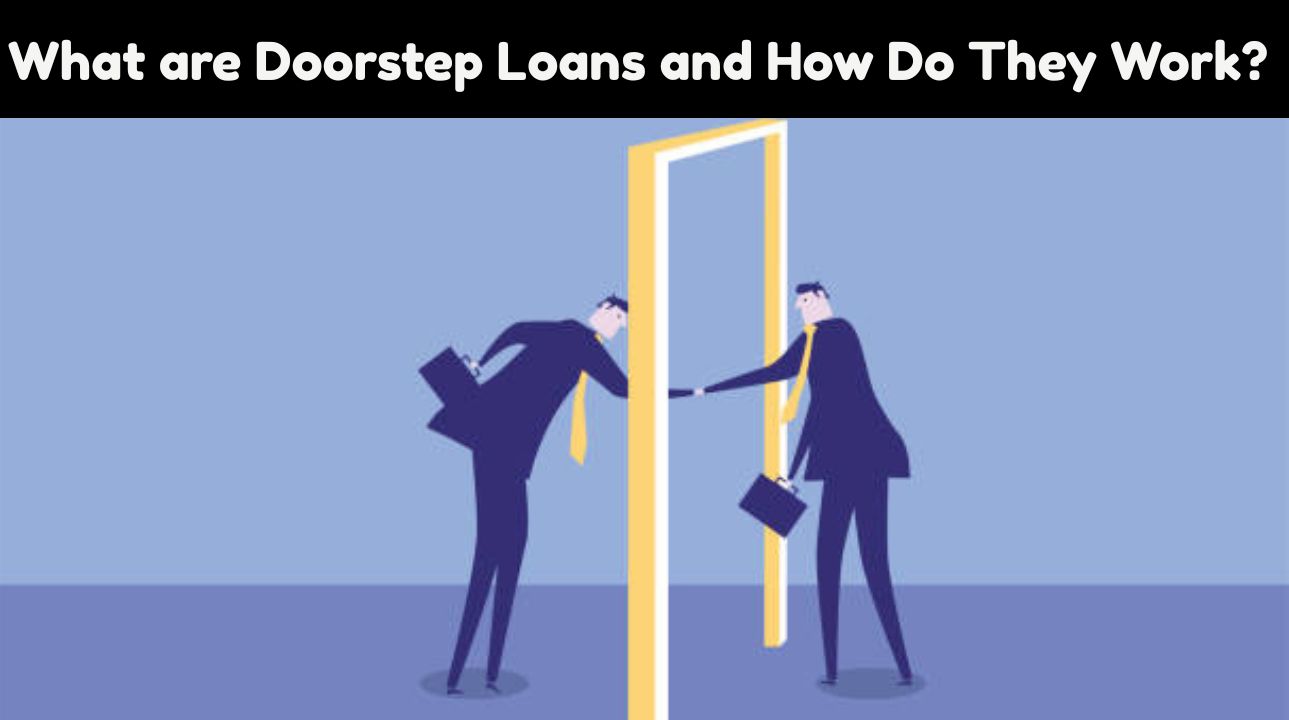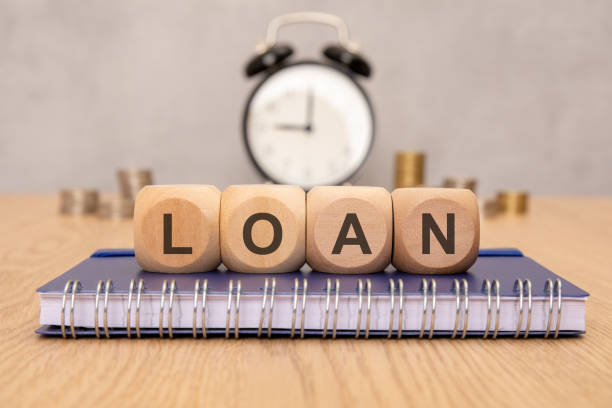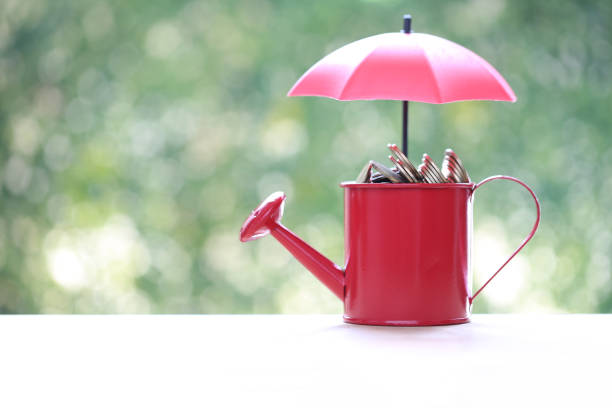
Fill in the loan application form, and you will get money directly into your bank account. How easy it is to borrow money from a private lender. They are so generous that they might loan you based on the benefits and grants you earn when you are out of work.
At the outset, it seems so easy to manage repayments. However, you eventually find that you are hard-pressed to keep up with payments. You may have to face serious repercussions of falling into debt.
- Your credit score will plummet, making it harder for you to borrow money down the line.
- Higher interest rates will be imposed next time if you get the nod from a direct lender.
- Banks will not entertain your application, so you cannot get a mortgage or an auto loan.
- Debt collection agencies will start chasing you.
- A lender may issue a CCJ against you.
Experts suggest that “to avoid these ramifications, you should try to find out a way to get out of debt as soon as possible. If you have multiple debts, you will certainly have to think of which debt you should deal with first.”
Debts you should give priority
Here are the debts to be prioritised to prevent your financial situation from worsening.
- Debts with higher interest rates
Deal with your debts by focusing on the interest rates.
“Paying off debts from the highest to the lowest interest rates will help save a lot of money.”
Very bad credit loans from direct lenders carry higher interest rates than small emergency loans, so you should try to pay them first.
Here is a list of debts that usually carry a very high interest rate:
- Credit cards
- Personal loans
- Bad credit loans
- Payday loans
Secured loans like mortgages and auto loans carry lower interest rates than the aforementioned debts. But it does not mean that they should not be your priority.
- You may lose your house or car if you do not pay off the debt on time.
This strategy usually works when your debts do not have a large balance. High-interest rate increases the size of monthly payments. Having a larger balance will make it longer for you to pay off the debt.
“This may seem to be discouraging to you if you are looking to get rid of debt sooner rather than later.”
- Lowest balance debt
It cannot be possible for everyone to prioritise debts with higher interest rates. So, try to give priority to the lowest balance debt.
- The benefit of this strategy is that you will be able to clear your debts sooner.
You will have a sense of encouragement or motivation. This will keep going.
However, the drawback of this strategy is that you will end up paying off more overall. This is because high-interest debts will keep accruing.
Which alternative is better?
Both alternatives have their upsides and downsides. You should try to analyse your financial condition first before deciding which one will work for you.
- If you want to save money in interest payments, you should try to go with the high-interest debt.
- If you do not have much money and it does not sound so motivated, you should clear the lowest balance first.
Talk to a debt advisor if you are unable to choose between these alternatives. They will assess your financial condition to introduce you to a repayment plan.
Consider debt consolidation
Chances are both the alternatives do not seem to fit your budget. In this situation, you should consider consolidating your debts. Consolidation means merging all of your existing debts into one large loan.
You will take out a personal loan worth the amount of your existing debts. You will use this money to pay off all of the outstanding dues once and for all. The benefit of consolidating outstanding debts is you will have only one personal loan to pay off over a period of time.
Monthly payments will be smaller as you will be paying off the debt over a period of months. Consolidation seems to be a good alternative when you have a decent credit score.
A lender will not sign off on your application until you have a good credit rating.
- There are a few lenders who will likely accept your application. But they will charge a higher interest rate.
At the time of taking out debt consolidation loans for bad credit in the UK from a direct lender, you should compare the cost of other alternatives too. Choose a plan that helps save you money. The aforementioned two alternatives could likely be more affordable than a consolidation loan.
What to do after having paid off your debts?
Having cleared your debts, the next step is to ensure that you are back in the driving seat. The following are some suggestions you should follow to ensure you do not fall into debt again:
- Create a budget to spend less than your earnings.
- Keep tabs on your expenses and curtail inessential expenses as much as possible.
- Avid borrowing money unless all old queries become too old.
- Keep paying off your utility bills, rent, etc. on time to avoid a further damage to your credit report.
- Get a side gig if you are unable to meet all your expenses.
- Stash away money for a rainy and ensure you do not abstract money from it for recurring expenses.
The final word
There are two methods you can follow to get rid of debt. You can prefer paying off either high-interest debts or the lowest balance debts. Each of them has their own pros and cons. Analyze them before opting for a plan. You can also consider consolidating your debts.
After clearing your debts, you should ensure you do not repeat those mistakes. Find ways to stay on top of your finances.

Jessica Rodz is the Senior Content Writer at Cashfacts. She has a long career in the field of content writing and editing. Jessica has the expertise in the UK lending marketplace where she has worked with 7 different lending organisations and acquired many responsibilities from preparing loan deals and writing blogs for their websites.
At Cashfacts, Jessica is managing a team of experienced loan experts and doing a major contribution in guiding the loan seekers via well-researched blogs. She has done graduation in Business (Finance) and now currently doing research papers on the UK financial sector.





